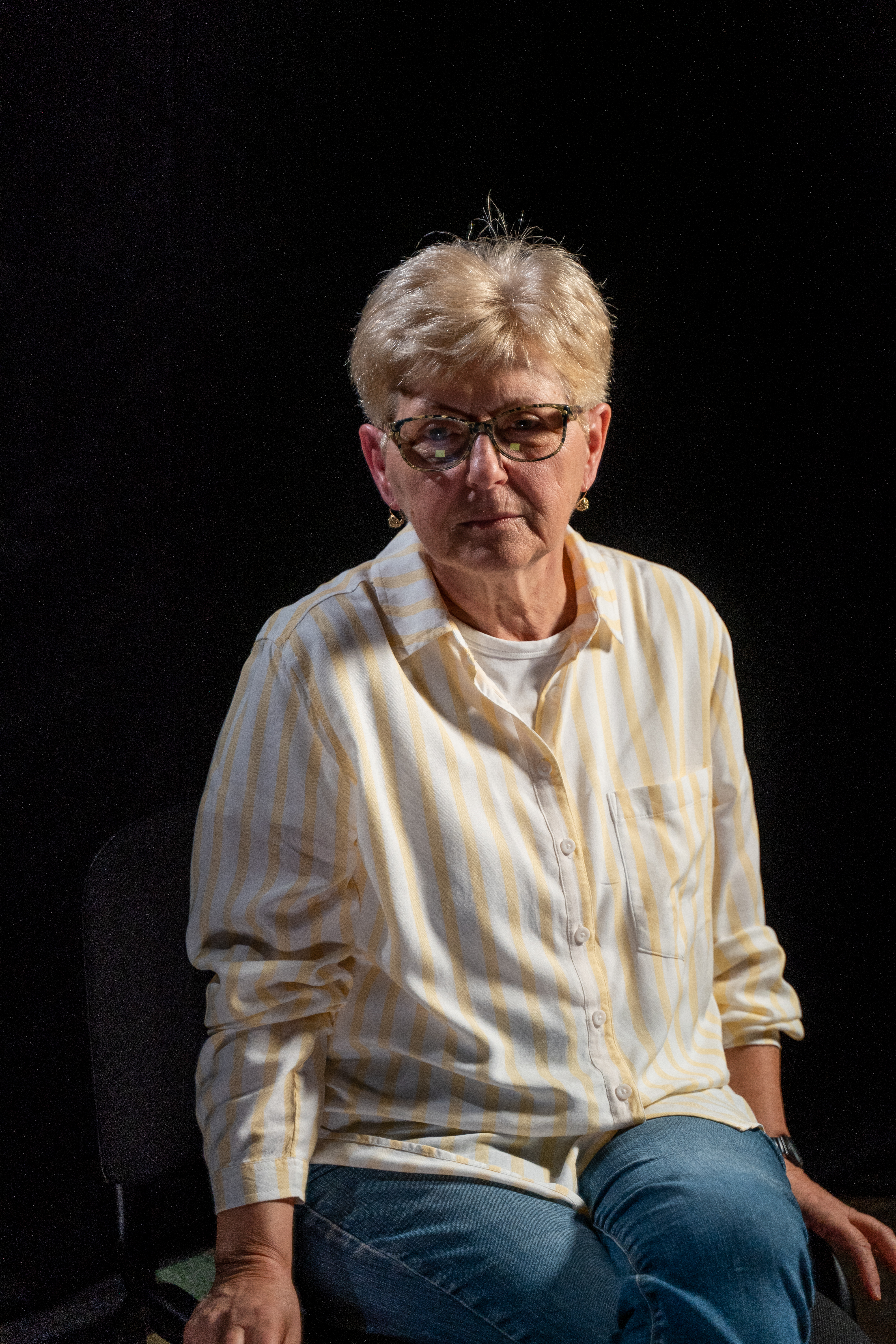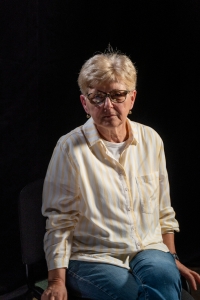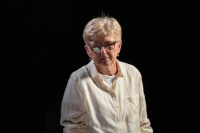Can we do it differently?

Download image
Katica Smojver, née Petković, was born on July 12th, 1953, in Blato on the island of Korčula. She comes from a family of island landowners who lived well off agriculture before World War II. After completing primary school in Korčula, she moved to Zagreb where she graduated from a secondary chemical school and later, thanks to a scholarship sponsored by Tito, from a higher statistical school. She is an accountant and auditor by profession and has worked in accounting positions in several companies, the most important being the Yugoslav Social Bookkeeping Service - Central Croatia during the time of Yugoslavia. Her family participated in the People’s Liberation Struggle and part of the family survived the exodus to El Shatt. After the formation of the new government in the Republic of Croatia, she faced numerous difficulties due to her connections with the previous regime (destruction of the family grave, rejection by nationalist friends, etc.) and today fights against it through positive action and engagement in non-profit associations. She is a mother and grandmother, and her daughter and two grandchildren live in Luxembourg. She hopes that young people will accept diversity in the future and that there is hope for a healthier, more tolerant society that accepts and learns from history.

